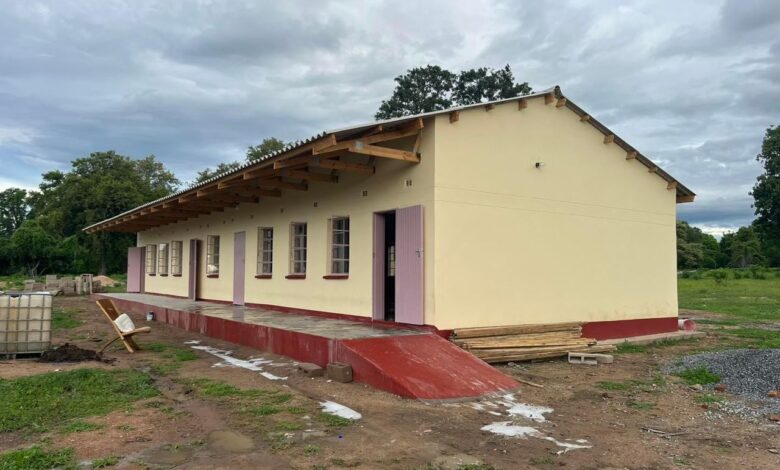By Community Podium
Rural schools in Zimbabwe are facing a litany of challenges that are severely impacting the learning progress of students, according to a recent online engagement facilitated by Community Podium.
Wellington Mahohoma, Zimbabwe Lead of the Citizens Initiative highlighted several key factors affecting rural learners. “Dilapidated infrastructure, such as crumbling classroom buildings, is a major issue,” Mahohoma said. “In some cases, there are not enough classrooms, forcing schools to hold lessons under the trees.”
This lack of proper classroom space has led to the use of “composite classes” – the combination of learners from two different grade levels into a single classroom. “The shortage of teachers means they have to use this workaround, but it’s far from ideal for the students’ education,” Mahohoma explained.
Poverty is another significant barrier, as it leads to high rates of school dropouts, especially among girls. “Poverty drives many families to pull their children out of school, either to work or because they can’t afford the fees,” Mahohoma said. “And the problem is even worse for girls, who often end up in early marriages instead of completing their education.”
Participants in the online discussion also raised the lack of role models as a key factor holding back rural learners. “There is a dearth of successful individuals from these communities who can inspire the students and show them what’s possible,” one participant noted. “Without that positive influence, it’s hard for the learners to envision a path to a better future.”
The long distances many students must travel to reach school also take a toll. “Some kids have to walk for hours just to get to their classrooms,” Mahohoma said. “That’s time and energy that should be spent on their studies.”
The Citizens Initiative is working to address some of these challenges, Mahohoma stated. “We are in the process of constructing new classroom blocks for some rural schools to help alleviate the infrastructure problems,” he said. “But there is so much more that needs to be done.”
A teacher from a school in Binga rural said the physical state of many rural school buildings is dire. “Our classrooms are literally falling apart,” the teacher said. “The walls are crumbling, the roofs are leaking, and it’s difficult to keep the students focused and engaged in that kind of environment. In some cases, we have to hold classes under the trees because there simply aren’t enough proper classrooms.”
The teacher also highlighted the struggle to find enough teachers to staff the rural schools. “We are constantly short-staffed, which forces us to combine grade levels,” the teacher explained. “The students suffer because they aren’t getting the individualized attention they need.”
A parent of two rural school students expressed frustration with the lack of role models in the community. “Most of the young people who grow up here end up leaving as soon as they can, because there are so few opportunities,” the parent said. “My kids need to see that it’s possible to build a successful life right here, but those examples are few and far between.”
The parent added that the long distances the children must travel are also taking a toll. “They are exhausted by the time they get to school, and that affects their ability to concentrate and learn,” the parent said. “The government needs to do more to provide transportation options for rural students.”
The dire situation in Zimbabwe’s rural schools is emblematic of the broader educational challenges facing the country. Decades of underinvestment, mismanagement, and political turmoil have left the system in a precarious state.
But advocates like the Citizens Initiative are working to shine a light on the plight of rural learners and push for meaningful reforms. As Mahohoma put it, “These kids deserve so much better. With the right support and resources, they can thrive. We have to keep fighting for that.”

